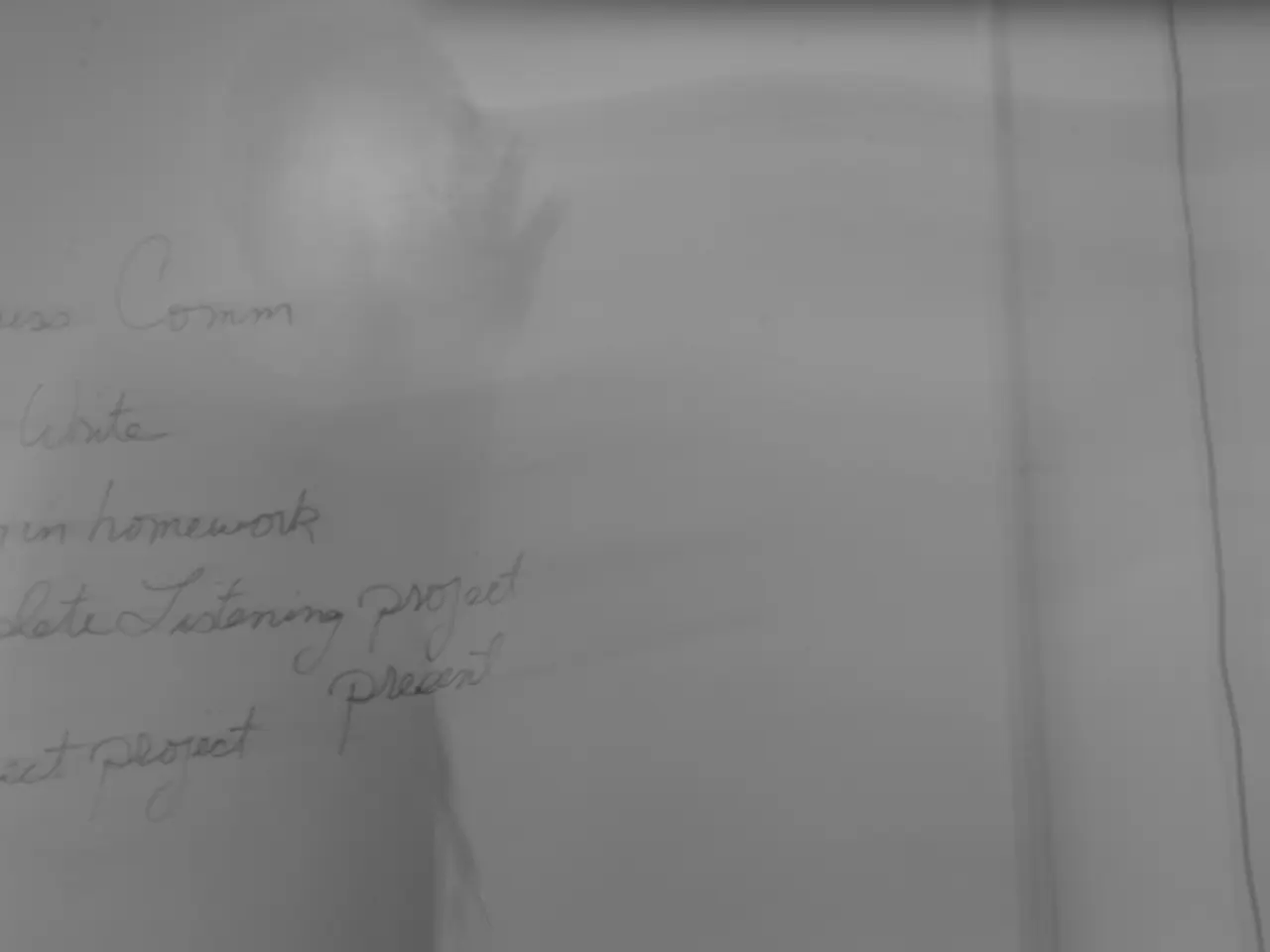Is self-control a form of knowledge or a consumable asset?
In a groundbreaking biometric study, researchers have shed light on the complex relationship between initial self-control acts and subsequent self-control ability, particularly in the context of impulse buying. The study, which used biometric data to monitor compliance and develop a unified self-control model, has provided valuable insights into the dynamics of self-regulation and self-control.
The study's findings reconcile the contradictory predictions in the self-control literature, offering a nuanced explanation that helps resolve the conflicting results regarding the impact of initial self-control acts on subsequent self-control ability.
The self-control literature proposes two contrasting short-term models. Some predict that an initial act of self-control depletes a person's self-control resource, making it harder to resist impulses later (known as ego depletion). Conversely, other research posits that an initial success in self-control may enhance or strengthen subsequent self-control efforts through positive feedback or motivational mechanisms.
The biometric study likely confirms this duality by showing a dual impact: an initial self-control act can simultaneously have facilitatory effects (enhancing subsequent self-control ability) as well as inhibitory effects (reducing self-control capacity), depending on individual, situational, or contextual factors. This dual impact aligns with the dual-process theory suggesting that self-control is neither solely depleting nor solely reinforcing but can operate through complex, sometimes opposing pathways.
The unified model, based on biometric data, perceives self-control as a resource with both positive and negative effects on subsequent self-control ability. It shows evidence of a dual impact on impulse buying self-control ability from an initial self-control act.
Interestingly, the study also found that exerting self-control beyond a certain threshold leads to fatigue, reducing subsequent self-control ability. This finding underscores the importance of balancing self-control efforts to maintain optimal self-control capacity.
The study's findings have significant implications for understanding and managing impulse buying, a common behaviour that can lead to financial difficulties for many individuals. By understanding the complex interplay between initial self-control acts and subsequent self-control ability, individuals may be better equipped to manage their impulses and make more informed decisions.
In conclusion, this biometric study has provided a valuable contribution to the self-control literature by demonstrating the dual impact of initial self-control acts on subsequent self-control ability, particularly in the context of impulse buying. The study's findings reconcile the contradictory predictions in the self-control literature, offering a nuanced explanation that helps resolve the conflicting results and provides a foundation for future research in this area.
The unified self-control model, derived from the biometric study, highlights the significance of science in understanding and monitoring self-control resources, particularly in the health-and-wellness contexts such as fitness-and-exercise and mental-health. The findings indicate that initial self-control acts can simultaneously strengthen or weaken subsequent self-control ability, revealing the intricate relationship between self-control and mental health, opening doors for further exploration in the field of science.





